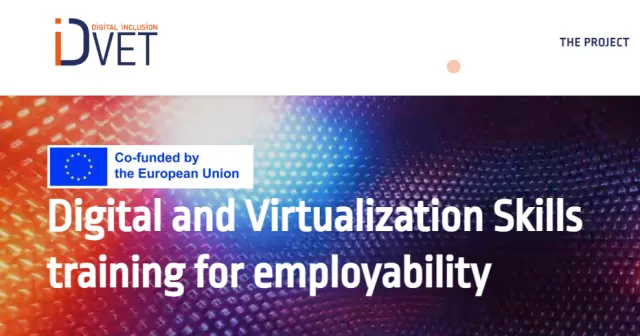How AI Tools Can Support Adult Learners
The landscape of adult learning is constantly evolving, and new tools are emerging to support individuals in their pursuit of knowledge and skills. Among these advancements are artificial intelligence (AI) tools, which are beginning to play a significant role in how adults learn and engage with educational materials. AI offers a range of functionalities that can enhance adult learning experience.
Boosting Efficiency and Organization:
- Literature Review and Synthesis: AI tools can rapidly process large volumes of information for adult learners engaged in research, summarizing key findings and identifying relevant connections between different sources. This can significantly reduce the time spent sifting through countless articles and allow learners to focus on deeper analysis.
- Data Management and Analysis: Many adult learning paths involve working with data. AI organizes and analyzes large datasets, identifies patterns, and presents information in clear, visual formats. This can be invaluable for learners in fields like business, social sciences, and healthcare.
- Citation and Reference Management: Properly citing sources is crucial to academic integrity. AI tools can assist in managing citations across various formats, ensuring accuracy and saving learners from the often tedious task of manual formatting.
Enhancing Writing and Communication Skills:
- Grammar and Style Assistance: AI-powered grammar and spell-checkers go beyond basic error detection. They can analyze sentence structure, suggest improvements in clarity and conciseness, and even help refine the overall tone of written work. This can be particularly beneficial for adult learners who are returning to education or developing their professional writing skills.
- Content Structuring and Idea Generation: AI can help organize thoughts and structure written assignments logically. It can also help learners brainstorm ideas by identifying gaps in existing knowledge and suggesting potential focus areas.
- Paraphrasing and Summarization: Understanding and synthesizing information from various sources is a key learning skill. AI tools can help learners rephrase complex ideas in their own words and create concise summaries of lengthy texts, aiding in comprehension and retention.
Personalizing the Learning Experience:
It's worth noting that AI can potentially tailor educational content and delivery methods to individual learning styles and paces. This could involve recommending specific resources, adjusting the difficulty of exercises, or providing targeted feedback.
Important Considerations:
As AI tools become more integrated into adult learning, it's crucial to approach their use responsibly and ethically.
- Transparency: Learners should be aware of when and how AI is being used to assist them.
- Accountability: The ultimate responsibility for the quality and integrity of their work remains with the learner. AI should be seen as a supportive tool, not a replacement for critical thinking and original thought.-
- Intellectual Integrity: Learners must ensure that AI-generated content does not replace their own understanding and analysis. Presenting AI-generated work as one's own is a breach of academic honesty.
AI offers exciting possibilities for enhancing adult learning. By streamlining tasks, improving writing skills, and potentially personalizing the learning experience, these tools can empower adults to achieve their educational goals more effectively. As the technology continues to evolve, it will be essential for learners and educators alike to engage with AI thoughtfully and ethically, ensuring that it serves as a valuable support for lifelong learning.




